Unreliable Narrators: Forgetting is Painful but Living is Not
June 9, 2023
The memory care facility is pressed in between Ace Hardware and an apartment complex. From the inside and out it’s an even mix between a hotel and a doctor’s office. The entrance is a miniature Vegas strip porte-cochère, but the small parking lot and the armed front door kill the illusion. It’s sticky hot every time I go.
The walls are peach, the floors carpet, and the building itself is a square around a small courtyard. The halls go around and around, the same orange tulip stock art on each wall upstairs, only broken up by a simple sitting area. Two waiting room chairs and a side table at an awkward height.
Most doors are never closed. Loose and forgotten locks expose cubicle living quarters; the best money can buy. One window looks in on a makeshift barber shop. Another downstairs on a Panera Bread-esk dining hall. A meal schedule is posted outside: lentil soup, alfredo pasta, sugar cookies.
The residents are unreliable narrators. They dress in pressed suits or nightgowns and a single sock. Someone might tell you a whole life story with full clarity but from experience I know most of the time it’s only loosely based in reality. I see one woman every time, wandering the halls and mumbling to herself. She flinches whenever a door shuts. I wonder about her life.
The last time I went to my grandparent’s house was to see my nonna, who was living there alone at the time, my papa still in the hospital from his latest injury. I always boasted that my grandparents, both in their 90s, still lived independently–my grandfather without any medication. But when we went to visit my grandmother, I couldn’t see her as anything but frail and forgetful and lonely. After years of fighting over hiring a caretaker or moving them into a retirement home, we were finally able to move them both–one directly from the hospital and the other to meet him. That day, the last time I went to the house, my task was to sneak to the bottom floor while Nonna was distracted and measure furniture to determine what we could move with us. I cried while down there. It felt so desolate. The bedroom on that bottom floor was where so many cousins stayed between apartments and semesters. Their t-shirts were still in the closet. Mugs still crowded the drying rack.
My grandparent’s house is wacky. It’s big and built into the side of a hill at the top of a windy Mill Valley road. They moved there after having met in school at Berkeley. My grandmother was a social worker and my grandfather was an architect. They’re adventurous, stubborn, artistic people. They raised my dad, his twin brother, and his little sister in that house in Mill Valley and filled it with just as much eclectic shit as were their lives. It’s been fed by my grandmother’s green thumb and my grandfather’s abstract art. I spent a lot of my own childhood there and I’m still firm in my belief that it is a magical place. I have recurring “eerie house” dreams, as I’ve dubbed them, and I theorize they are inspired by the nooks and crannies of my grandparent’s house. A sort of comfort in a mysterious place.
That’s what I was thinking about, at the bottom of the carpeted stairs, tape measure in hand. I hadn’t anticipated missing this house like I missed those dreams. The permanence of each began to blur, and I didn’t feel ready. I felt betrayed by those around me who didn’t warn me, who were bustling through this, probably to avoid their own grief and unpreparedness.
In my desperation, I took photos of the whole floor, then snuck into the attic for more, then tucked into my grandfather’s closet and makeshift office to document every detail. Unlike the other floors which they had long abandoned, his closet held details of his life and his habits, but also the decay of his memory and his ability to take care of himself. The calendar still on a few months back. The clothes that hadn’t been washed in months, the hats on the ceiling that hadn’t been touched in longer. A camera. Headphones. A pencil sharpened down to the end. Incomplete sketches and scrapped canvases. I wanted it in a museum. I wanted its frozen-in-time feel to have purpose.
The facility where my grandparents live now feels like a joke in some ways. A resort but not quite, a hospital but not exactly, a summer camp but not nearly. I find myself worrying for them like a parent. Why has no one tied their shoes? Were their favorite treats out at snacktime? Is anyone here even watching them? I judge the caretakers and resent the receptionists every time I come, but ultimately remind myself that I’m only there an hour or so a day. I don’t see everything happening behind the scenes. My memory becomes just as narrow as my grandparents, my understanding so minimal yet my confidence in my perspective just as grandiose as if it was still me bringing them groceries and scrubbing the floors.
But it’s not me anymore. There’s no shifts between my dad and aunt and uncle, no calls to international relatives to remind them that they cannot stay with Helen and Oscar, because Helen and Oscar probably don’t remember who they are. Now, they get Bingo and music therapy and bread bowls with every meal. If someone has the time they take a walk or show my grandmother the flowers blooming in the boxes.
There’s funny sides to it, but with every funny story comes a sadder truth. I tell my friends anecdotes about my grandparents’ latest quarrel; my grandfather is insistent he has another wife still living in Mill Valley. Her name is also Helen, and he also met her at Berkeley. My grandmother’s come to the logical conclusion that they must get a divorce, so they’ve been cordially debating how to go about it. It’s a silly thing my goofy, confused grandpa has incited. But it’s also a situation resulting from the sad fact that he can’t identify his wife anymore. Not that he’s forgotten her, but that the woman he sees now is unrecognizable as the one he’s loved almost his whole life. That is a heavy reality to face.
Every time my grandparents don’t recognize me, they play a polite guessing game, like you would an associate whose name you’ve forgotten. They catch on quickly and then joke about how I’ve grown, like it was the time that’d slipped their mind. They don’t forget me often or for long, but I know better than to claim they never will. I saw a post a few months back of a story someone had imagined about a husband with Alzheimer’s who re-met his wife every morning and celebrated the love with a fresh attitude upon being reminded. I hated it. The comments were all about how romantic it was, how it blew life into the relationship. I know better than to claim anything about memory loss is romantic, because these diseases don’t hold anything sacred. It’s typical for people to try to find a bright side, to romanticize something horrible, but it’s naive when sometimes things just suck.
While in the hospital for his latest fall, the anecdote was that he thought he’d been kidnapped and was being held in a building on the top of the Golden Gate Bridge. But it wasn’t funny when they had to strap him down because his fear was lashing out as anger, and it wasn’t funny when he spoke to people that weren’t really there. It wasn’t funny when he did the same on Christmas two years ago, rambling in a myriad of languages about angels on the walls and his best friend who died when he was young. I cannot completely articulate what it feels like to watch someone lose themselves, know they are losing themselves, and not be able to prevent it.
Lately I’ve been thinking about a favorite lyric of mine that goes, “I keep on losing all parts of me that I used to care the most about.” With graduating and leaving town on the horizon, it’s not just the ways I’ve changed as a person that I’m noticing, it’s the things in my life that are changing and will never be the same. The people who are leaving my life, the places I will never go again, the things I never got the chance to do. There are regrets and losses, but among them are the experiences that I will never forget, and the challenges that have shaped me.
I’m coming to terms with the fact that life is all about change. It’s both terrifying and incredibly relieving. I don’t think there’s any beauty in forgetting it all when you get old, but I think it adds value to the rest of it. Maybe I’ll think differently in a few decades, but that doesn’t make my perspective right now mean any less. Life is fleeting and maybe in a hundred years it won’t matter, but it can matter right now and not mean any less.
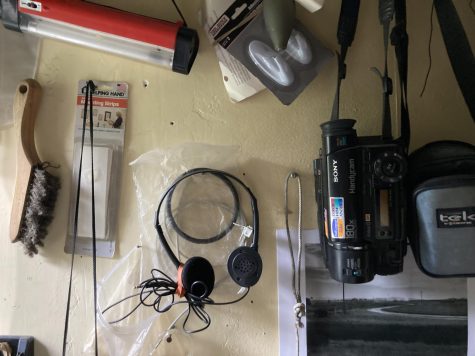

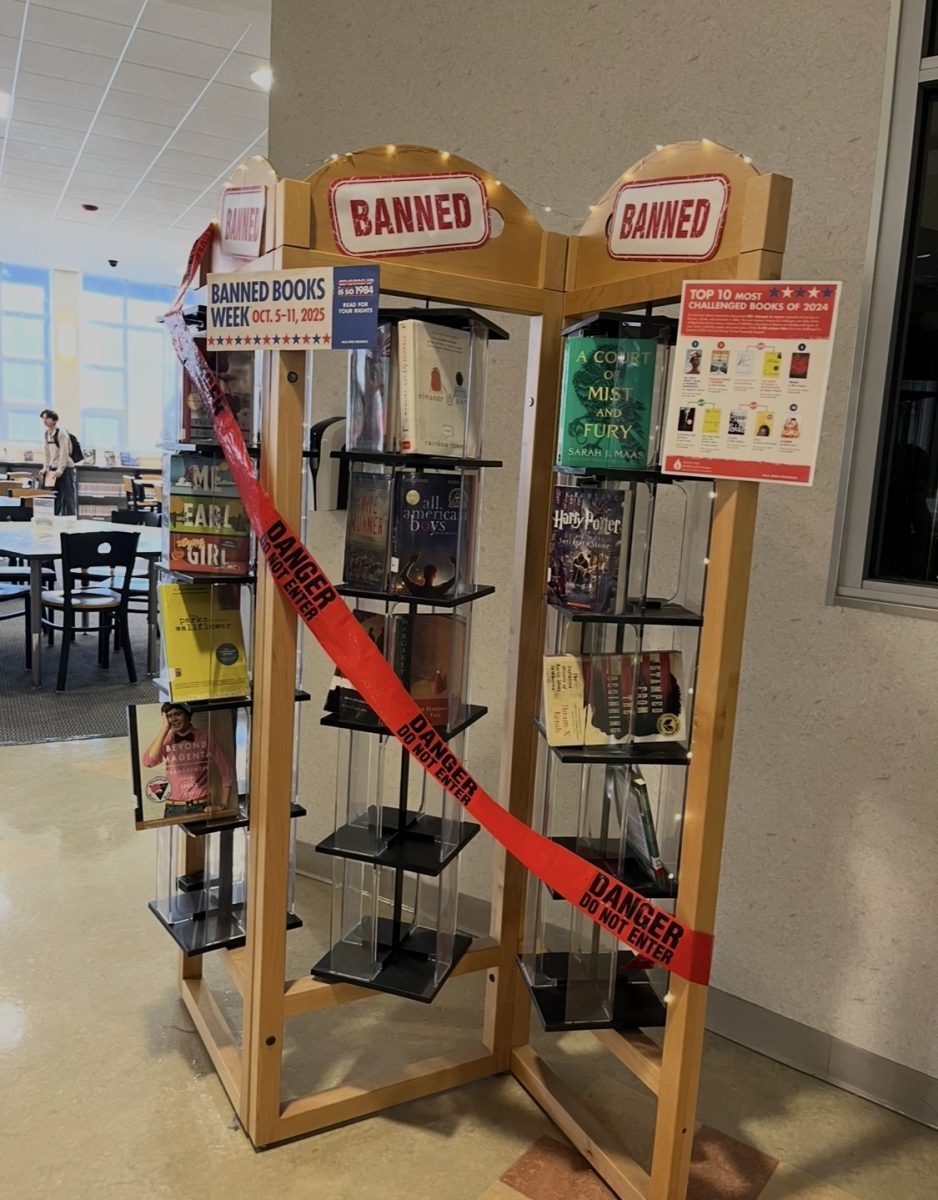
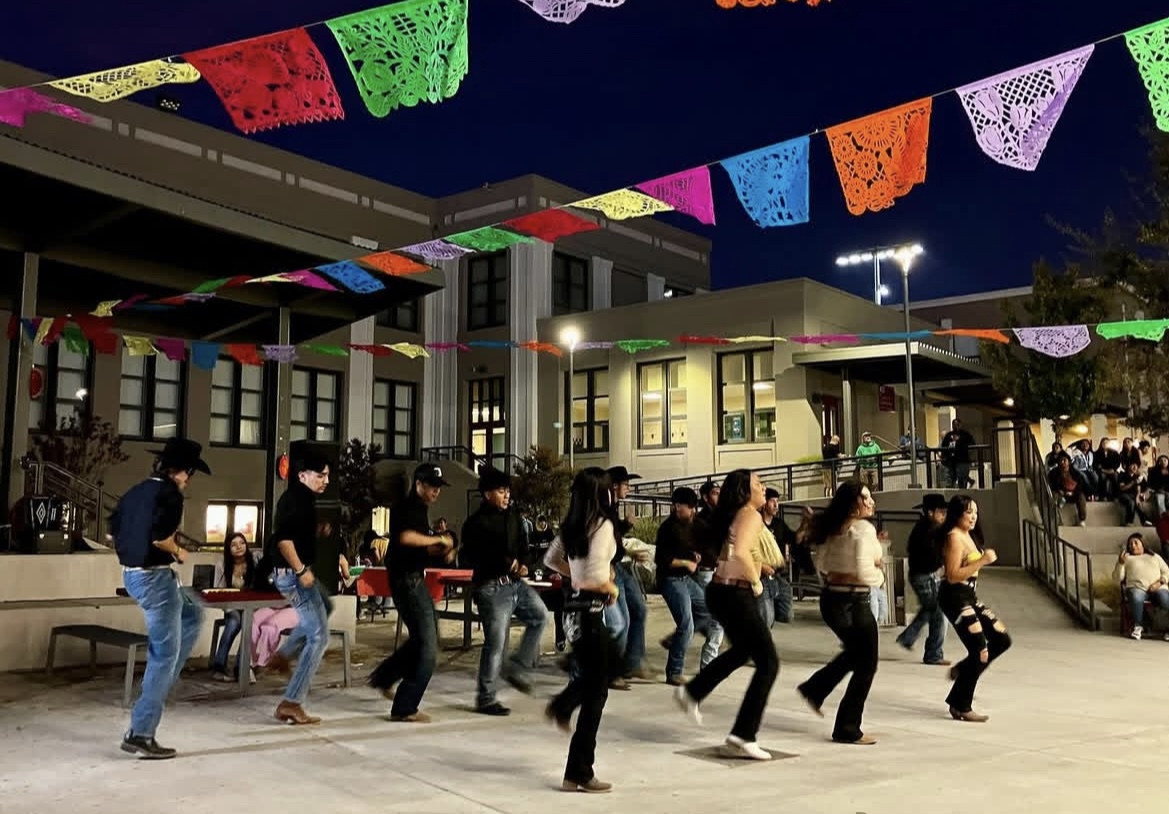
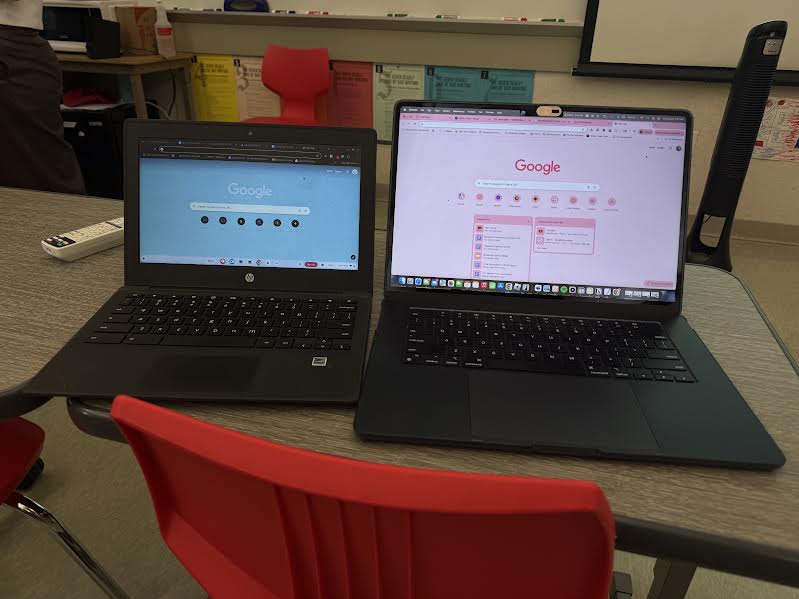
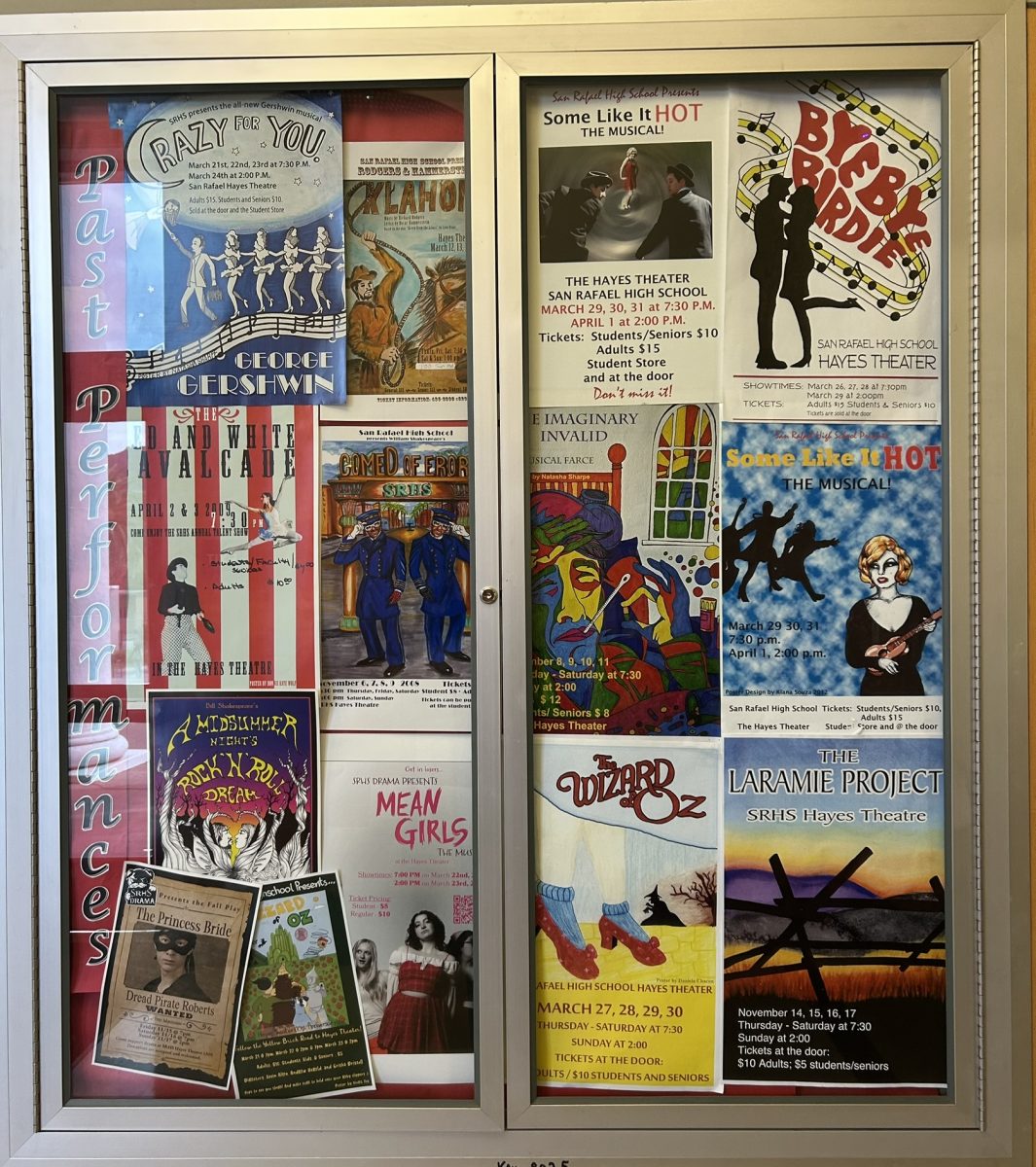
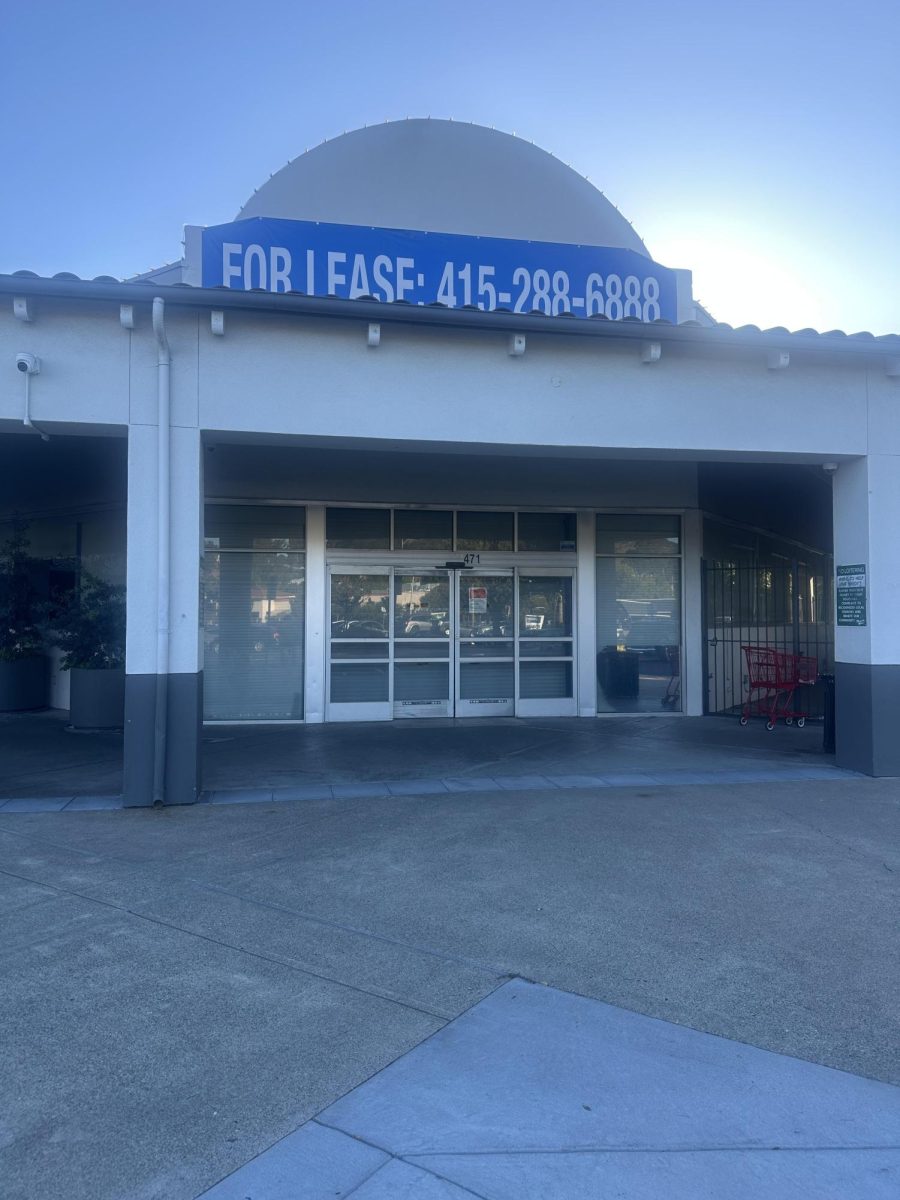










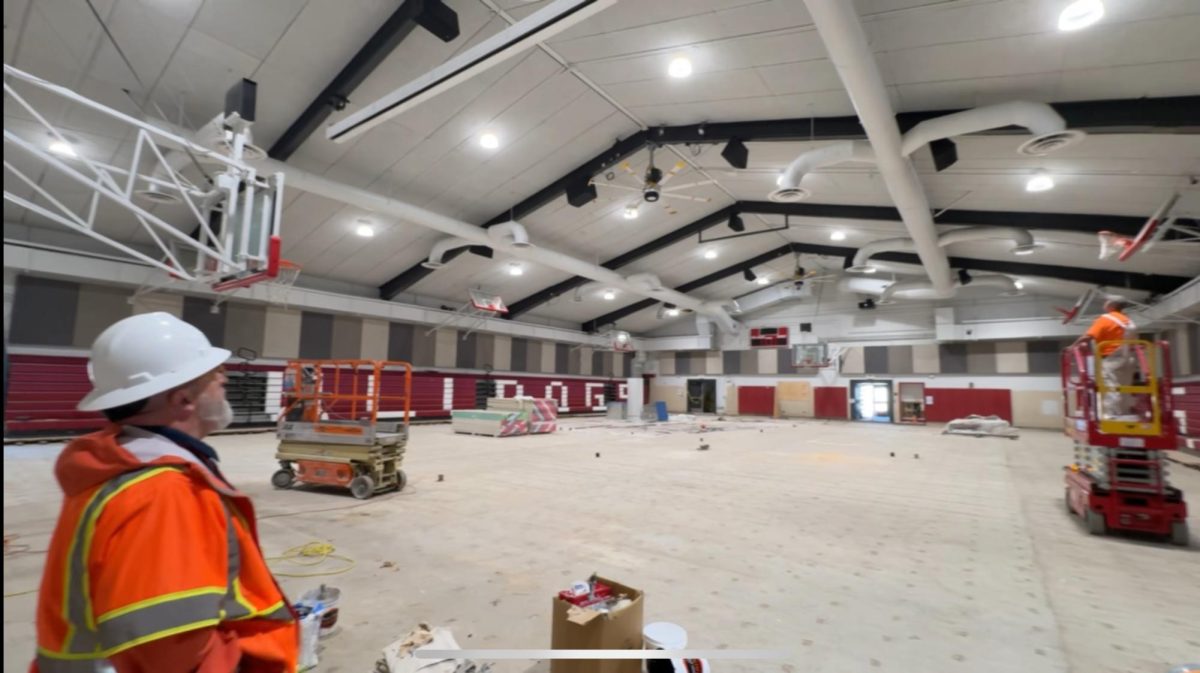





















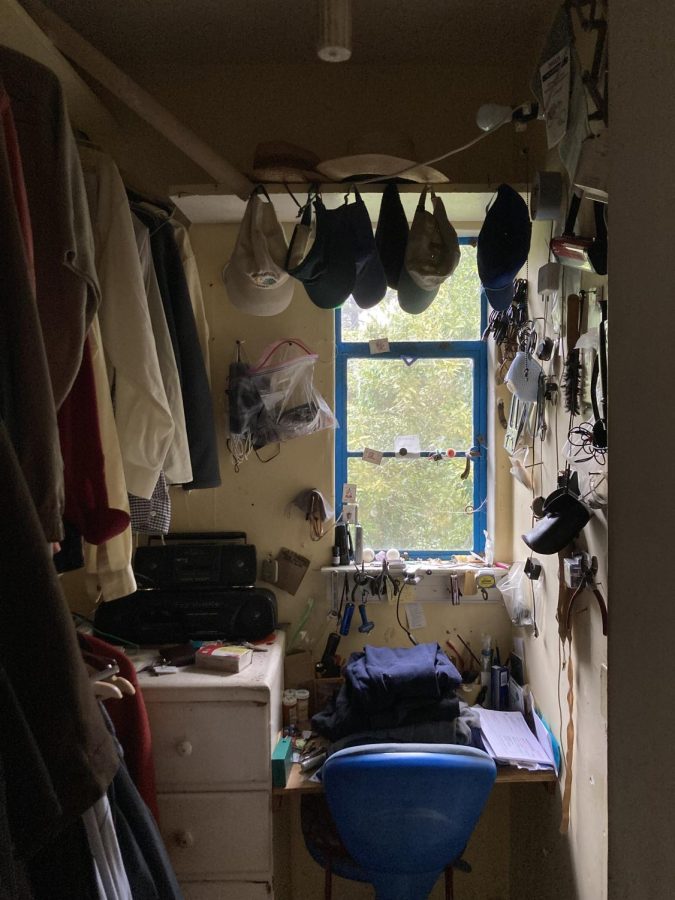
Jack • Jun 10, 2023 at 6:58 pm
Terrific essay!